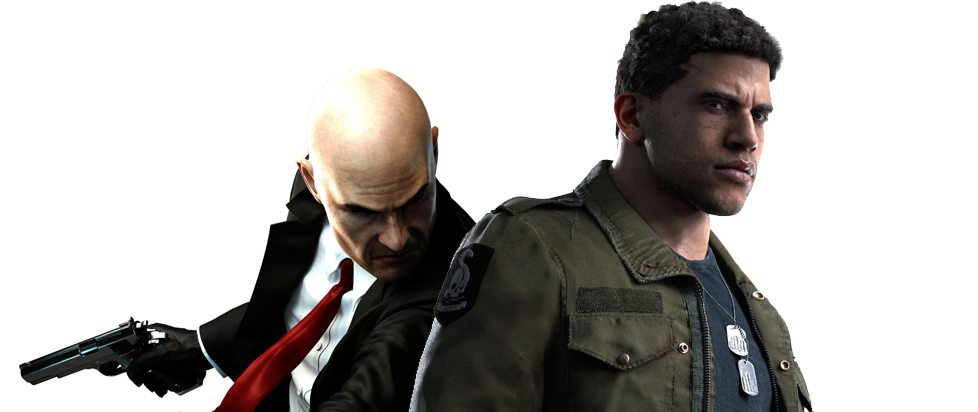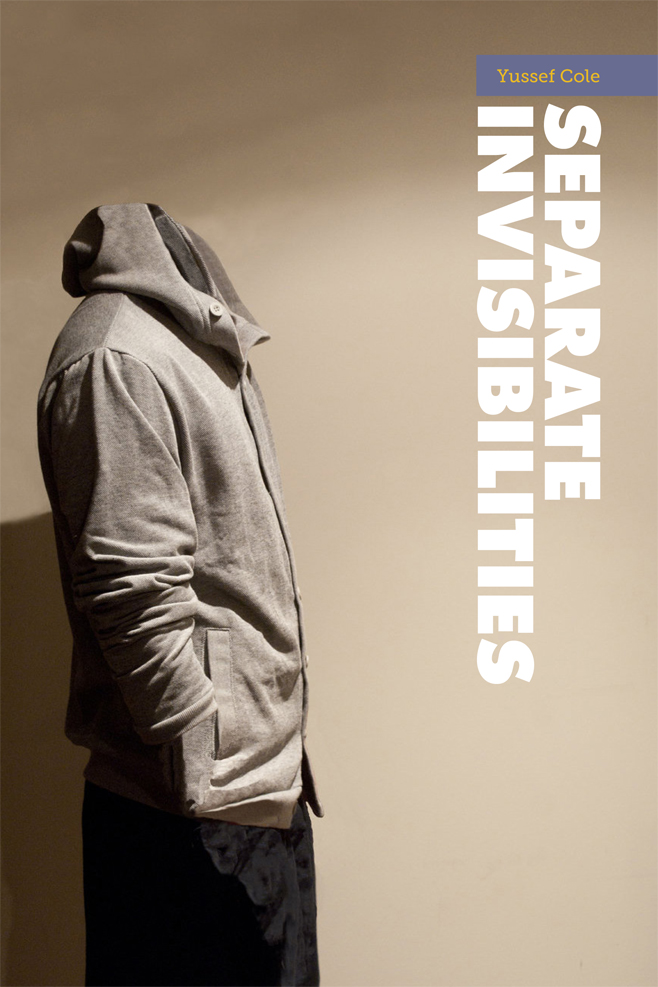
Separate Invisibilities – An Excerpt from Unwinnable Monthly 92
The following is an excerpt from Unwinnable Monthly 92. If you enjoy what you read, please consider purchasing the issue or subscribing. Unwinnable continues thanks to support from readers like you.

Looking back at the spy genre’s vast catalogue of films, novels and games, it’s hard not to notice the paucity of black leads. When it comes down to who gets to play the tinker, tailor, soldier, or spy, the answer that invariably comes back each time is: white male. IO Interactive’s Hitman, released to acclaim in 2016, is no exception. The game’s eponymous hitman, Agent 47, is 6 feet of muscled, blue-eyed uber mensch.
Like most stealth games, Hitman adheres to a fundamental set of rules: blend into your environment, maintain a heightened awareness of your surroundings and refrain from loud noises and sudden movements. Hypervigilance is a necessary survival instinct for the spy or assassin, but any black man or woman who’s been followed by a police car crawling threateningly behind them, or had to deal with a nosy and suspicious store clerk learned this lesson long ago. To survive as a black person in white America necessitates learning from an early age how to navigate under constant and often dangerous levels of surveillance.
Meanwhile, Hitman’s Agent 47, despite his imposing stature and occipital barcode, manages quite deftly to blend in wherever he goes. He can sneak through the kitchen disguised as a busboy, kill his target in their own bedroom while dressed as a golf instructor and beat his escape wearing the uniform of police officer. All these disguises mask him perfectly – his “timeless look” fits right in, as his handler quips in the intro to the Paris mission – but would they work as well if he were anything other than white?
In his novel Invisible Man, about a young black man’s hazardous journey from the South to Harlem, Ralph Ellison seeks after a metaphor to describe the condition of racism in America:
“I am invisible, understand, simply because people refuse to see me . . . When they approach me they see only my surroundings, themselves, or figments of their imagination – indeed, everything and anything except me.”

Ellison’s unnamed protagonist describes the invisibility that comes with being black in a society that refuses to recognize the humanity of its black citizens. While Agent 47 gets to choose his disguises, for black Americans, the disguises choose us. What white people see are their own internalized projection of who we are to them: the thug, the welfare queen, the well-spoken President. Throughout the book, Ellison’s protagonist is appraised in both a positive and negative light, but never an honest one. This winds up being a disguise as effectively obfuscating as The Predator’s cloak- but the problem is there’s no off switch; no way forward but through dissimulation.
Hanger 13’s Mafia 3 has as its main character a man who must navigate through and exploit these limitations. Lincoln Clay’s access is based on where he is, and on who he is, rather than what he is wearing. As a butler or a boxer, he can infiltrate white spaces, but simply walking down the street in certain neighborhoods of the game means receiving dirty stares and calls to the police. As Clay, you must manipulate perception and expectation to achieve your ends, instead of relying on costumery and good will. Clay learns that he can play up his reputation as an inhuman and rage-fueled beast in his confrontation with the entrenched power of the New Bordeaux mob. He can do this because it’s already what his enemies imagine and fear he is, even if the truth is far different.
Hitman’s Agent 47 is allowed unrestrained freedom of movement, provided he wears the proper outfit for the setting. Meanwhile, Lincoln Clay, regardless of whether he’s dressed up in a bomber jacket, tank-top, suit or sleeveless vest is always seen in the same harsh light. Unlike Agent 47, Clay’s skin makes a louder statement than his uniform and often undermines it, as we see in the game’s first mission, where Clay and his erstwhile compatriot Giorgi Marcano, dress up as armored truck guards in order to infiltrate a federal reserve. To appease the reserve’s head guard, Marcano has to come up with a side-story explaining why Clay has the job in the first place, rather than a supposedly more deserving white man. The game immediately offers us a glimpse of the ceiling that Clay has to operate under. Agent 47 has no such limit; white men are the assumed fit whether in the kitchen or the ballroom. But a black man, especially in the civil rights era south? There is very little he is assumed to be able to do, and even less that he could get away with unnoticed.
———
Yussef Cole is a writer and visual artist from the Bronx, NY. His specialty is graphic design for television but he also deeply enjoys thinking and writing about games.
You’ve been reading an excerpt from Unwinnable Monthly Issue 91.
To read the article in its entirety, please purchase the issue from the shop or sign up for a subscription to Unwinnable Monthly!



